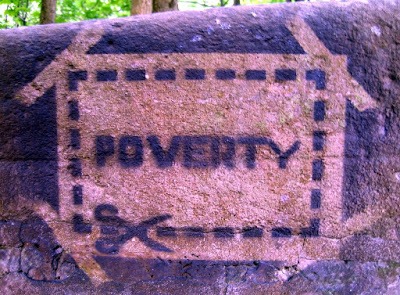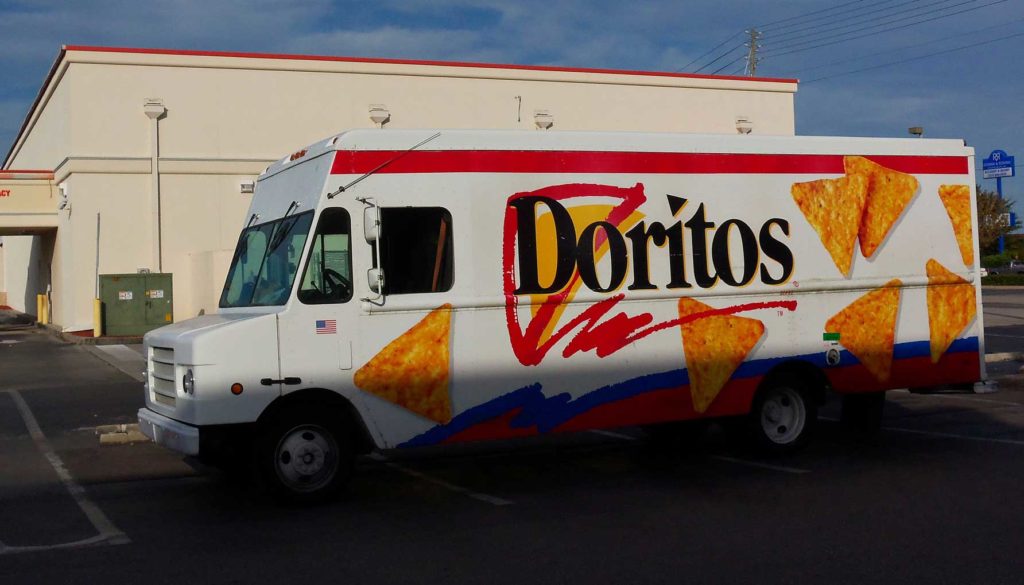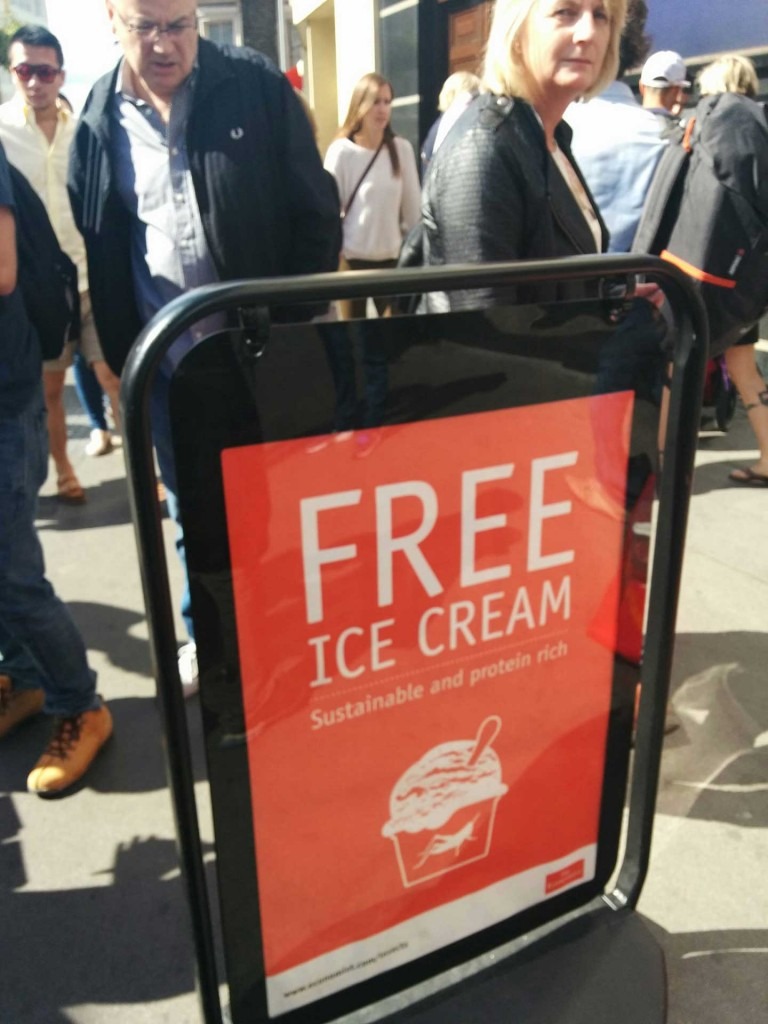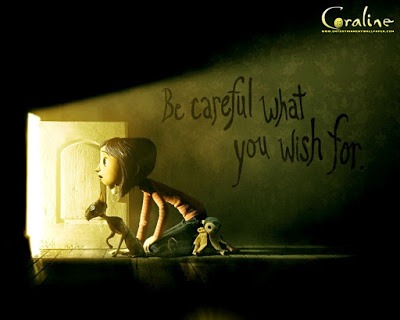I only learned about Blog Action Day yesterday from Neil, so not much time to write a very profound post – but immediately liked the idea. That said, as mentioned on the website, it is a hefty topic; particularly in view of the fact that participants are requested to keep within the topics of their blogs – which is actually forcing me to think about that too.
Rather than look at any kind of relationship between digital and poverty straight away, I’d like to stop a minute and look at what we’re talking about in the first place.
Type “define poverty” in Google and this is the first result you get: the state of having little or no money and few or no material possessions. My parents didn’t have much money when I grew up, it was a bit tough at times and often felt I was poor compared to other kids. It was true for a certain understood value of the meaning of poverty, and I’m going to ascertain this is the most common meaning – after all if Google says it’s first, it must be true.
On the other hand, thinking about myself again, while I didn’t have much money or material possessions my parents loved us (And still do), always managed to put a great meal on the table regardless of how much we had to prepare it with, my siblings and I went to school and got a good education, had access to clean water, health care, etc. Which brings me to the other main definition of poverty which relates to poverty as being a violation of basic Human Rights and Needs as defined by organisations such as ATD Fourth World.
A dollar a day have a good set of definitions for poverty on their website and point out correctly that poverty is too complex a concept to reduce to one single definition – it requires several points of view, depending on the specific issue you’re looking at:
At the UN’s World Summit on Social Development, the ‘Copenhagen Declaration’ described poverty as “…a condition characterised by severe deprivation of basic human needs, including food, safe drinking water, sanitation facilities, health, shelter, education and information.” When people are unable to eat, go to school, or have any access to health care, then they can be considered to be in poverty, regardless of their income.
As I said I had all those things – so I don’t consider I was poor. Maybe I was part of a statistic at some point, but that’s about it.
Now I’d like to bring it back to digital and hopefully make sense. The conversations and ideas I’m generally living around are the global aspect of the internet, online communities thriving and sharing across the world to a degree that never happened before and it’s all very exciting.
The digital world is extremely rich and varied; there are worlds of opportunities there I find wildly exciting. One of the reasons I love working within digital is that there will likely always be more to it that I can ever comprehend and I learn new things every day.
I generally feel like digital is very inclusive and has the potential to concern all of us to a degree or another, but actually looking at poverty I completely forget that this digital world I find so exciting has a pretty high access barrier right now. I forget that it is a privilege to own a computer with a fast internet access that allows me to participate in something like Blog Action Day. I forget that I’m part of a minority that has that access, and it often goes hand in hand with clean water, food, health care, and money. It’s a luxury.
The latest statistics tell us about 22% of the world population are internet users. At what probably is the other of the spectrum, 21% of the world population lives in extreme poverty, and this is 2001 information, so out of date.
So what can digital do to bridge that sixty percent gap? Well Blog Action Day speaks for that better than I can: over 10,000 sites participating and an estimated reach of over 10 million people. I don’t have a brand new insightful and creative way to end poverty – far from it – but I’d like to finish with two points if you’re reading this:
1. Don’t take it for granted – “it” is anything from the device you’re reading this from to the sandwich you’re eating at the same time.
2. Participate. It’s too big a deal for one single person to have THE solution to poverty, but inside of the conversation taking place today something(s) will emerge and the more people participating the better.





Nice thoughts, you should take a look at Nicholas Negroponte’s ‘One Laptop per Child’ project which hopes to help remove this access barrier. That presentation is the launch but now he has given a similar talk about his progress two years on. Fairly inspiring! Also of interest is the East African optic cable…
Give to the cause here.
I knew about the one laptop per child project and have seen the videos, sure is a really great project! I didn’t know about the East African optic cable, I’ll have to o check it out, thanks!